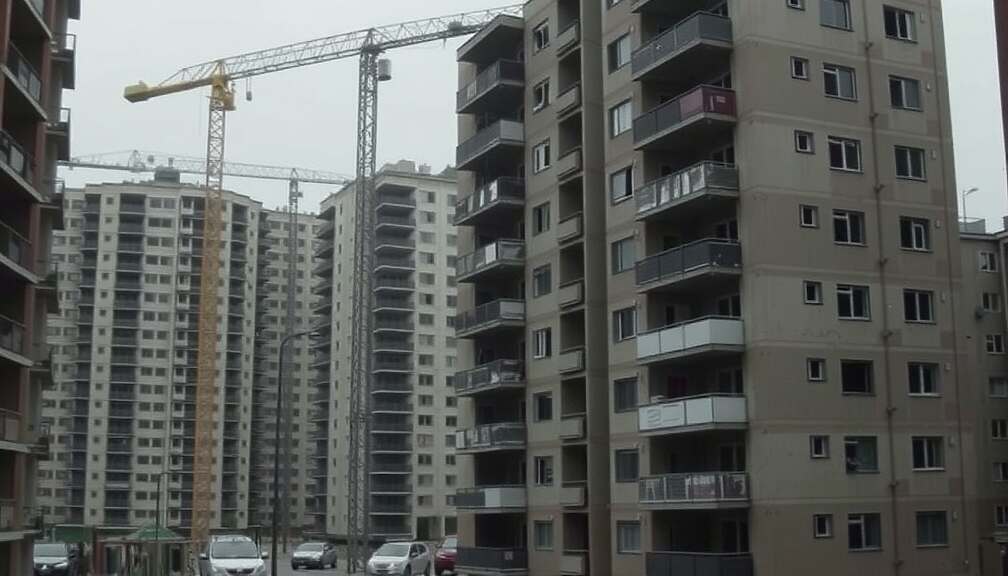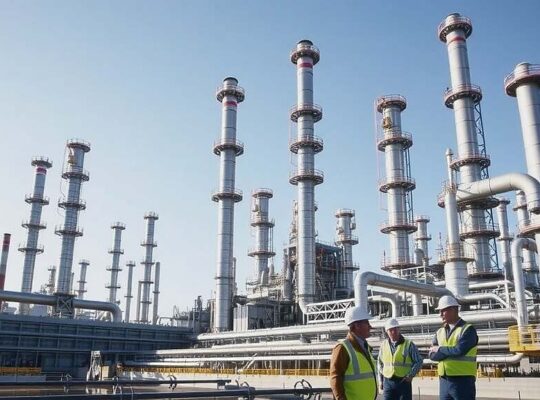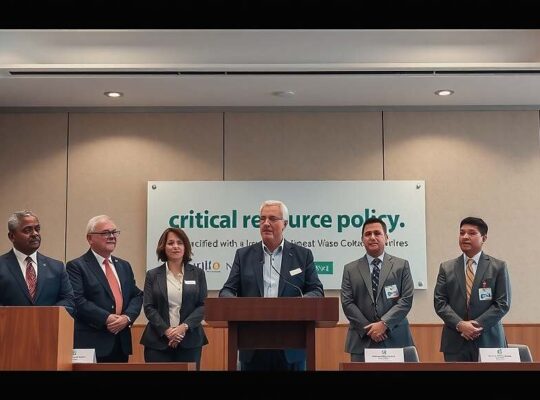A palpable sense of fragility continues to grip the German construction sector, according to the latest data released by the Ifo Institute. The business climate index, a key indicator of industry sentiment, edged downwards in October, declining from -22.0 to -23.0 points, signaling a setback after a brief upturn in September. While not a catastrophic shift, the slight deterioration underscores the persistent challenges facing the residential construction industry amidst broader economic uncertainties.
Businesses expressed marginally less satisfaction with current operations, but more significantly, their expectations for the months ahead remained downbeat. Klaus Wohlrabe, head of Ifo’s surveys, cautioned that “the path out of the trough is still long” highlighting the ongoing struggle to secure sufficient orders, a problem that continues to plague firms across the sector.
A minor, albeit cautious, glimmer of hope appeared in the slight reduction of companies reporting a lack of orders, decreasing from 46.7% to 44.4% – the lowest rate in roughly two years. This suggests a potential easing of pressure, but Wohlrabe stressed that significant backlog exists. “There is considerable catching up to do with building permits” he stated, emphasizing that a meaningful recovery in order books will only materialize when more planned construction projects receive the green light and are subsequently implemented.
Furthermore, the number of project cancellations, while declining slightly from 8.4% to 8.0%, lingers at a stubbornly high level. This continued prevalence of cancellations points to a climate of ongoing risk aversion amongst developers and potential buyers, potentially stemming from rising interest rates and concerns about future affordability, issues that the government has yet to demonstrably address in a way that stimulates long-term investment and consumer confidence. The latest Ifo data serves as a stark reminder of the delicate state of a vital industry and the political imperative to foster an environment conducive to sustained growth, rather than simply reacting to short-term fluctuations.












